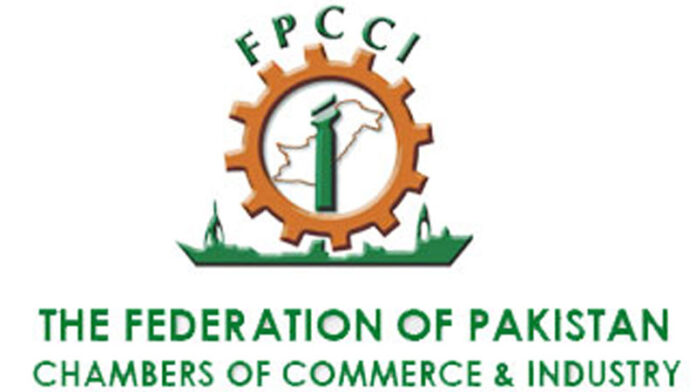ISLAMABAD: The government must address the root causes of the economic downturn and rebuild trust with the authorities by initiating reforms in the Federal Board of Revenue (FBR) instead of empowering them and imposing new taxes, said Atif Ikram Sheikh, President of the Federation of Pakistan Chambers of Commerce and Industry (FPCCI), on Friday.
Addressing a post-budget news conference, Sheikh criticized the proposed 2024-25 budget as not business-friendly, stating that the new measures would only discourage exports and local business activities.
“We cannot move in circles. The government is granting too much power to the FBR, including the authority to seek help from intelligence agencies to arrest businesspersons deemed defaulters by the FBR, with cases filed by the FBR being non-bailable,” Sheikh said.
He added, “These measures will discourage investments, even from locals, which is why we see no foreign players entering Pakistani markets despite several MOUs with many countries.”
Sheikh emphasized that the FPCCI has always offered to help the government broaden the tax base and enhance revenue generation from other sources, but there has been no response from the authorities.
“Instead, the decision has always been to increase tax rates and the powers of the FBR,” he added.
Other FPCCI office bearers noted that the revenue collection target has been increased by 38 percent without any measures to broaden the tax base, imposing tough measures on existing taxpayers, including the salaried class.
Ahmed Waheed, coordinator of the tax committee at FPCCI, said, “Employment is generated through business activity, not only by large industrialists but even small traders who employ helpers. However, the government is only targeting the already taxed class.”
Waheed noted that while salaries of government employees have been raised in the budget, it is not feasible for every private sector employer under the current conditions, leading to shrinking fiscal space for private sector employees.
Ahmed Chinoy pointed out that empowering the FBR and other authorities has historically opened new avenues for corruption, as government departments blackmail the business community and compel them to pay less tax and settle deals with officials.
“The government has not focused on reforms in the FBR through digitization and reducing the discretionary powers of officers,” Chinoy added.
Mian Zahid Hussain remarked that government expenses have increased, despite their productivity being questionable, and no targets have been set to offload loss-making state-owned enterprises, even keeping shutdown units under government control.
The speakers highlighted that increased tax rates on non-filers, such as travel bans, higher duties on petrol, diesel, essential commodities like food, and mobile phones, will only lead to capital and human resource flight from the country.
The FPCCI members also suggested that instead of bringing exporters to the normal tax regime, the rate should be increased from one percent to one and a half percent while keeping them in the final tax regime to avoid opening new avenues for corruption and excessive focus on filing accounts.
Participants in the news conference included SVP Mian Saqib Fayaz Mago, VP FPCCI Zaki Ejaz, Dr. Tariq Jadoun, Asif Sakhi, Chairman Capital Office Karim Aziz Malik, and Chairman Coordination Malik Sohail Hussain.




